From Ferran Adrià to Rasmus Munk: The recording-breaking 25th edition of Gastronomika
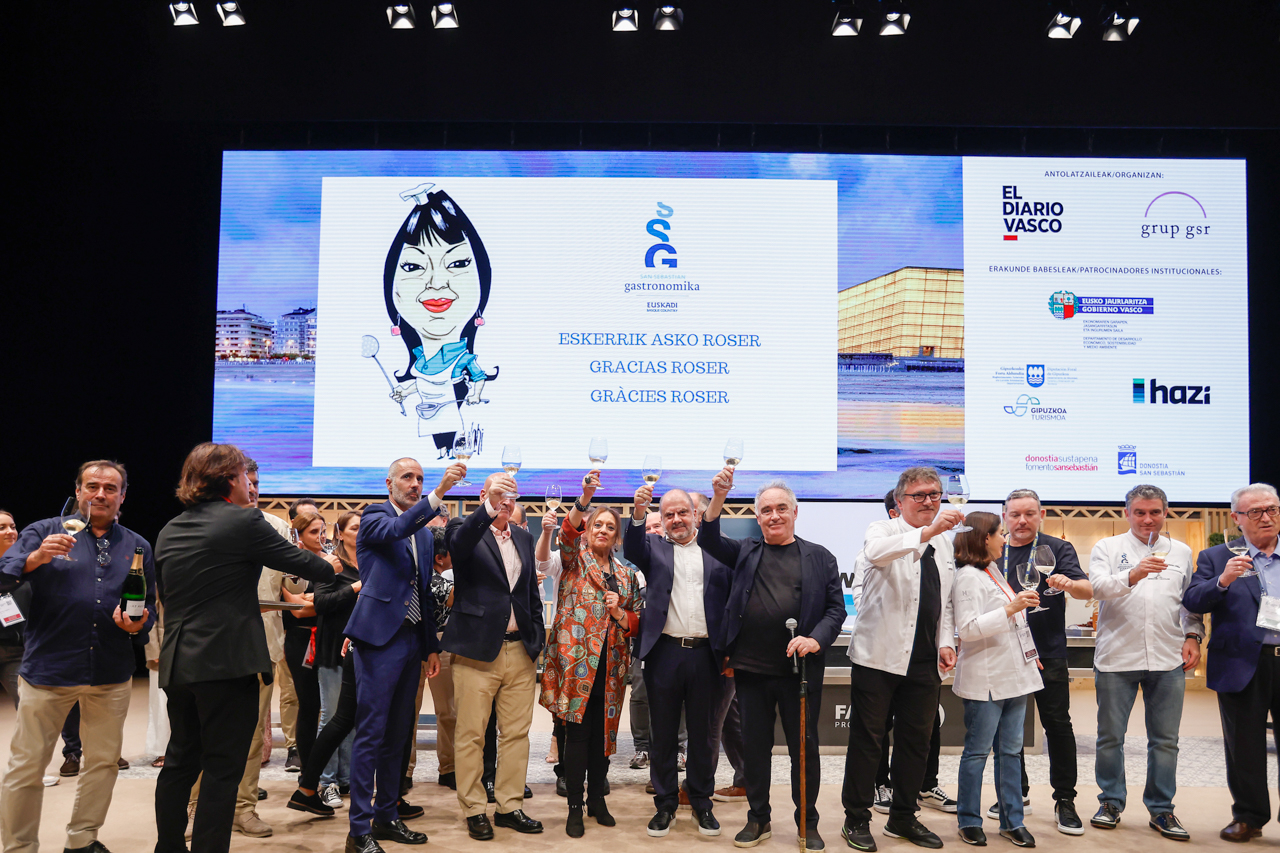
Today, chefs Alex Atala and Ricard Camarena brought the 25th edition of Gastronomika to a memorable close. Their unique presentation marked the finale of a congress that not only broke attendance records but also set new benchmarks in terms of programme quality and chef participation.
This year’s congress in San Sebastián was remarkable for the positivity that infused its atmosphere throughout the three days. It was an emotive and special edition that returned to the foundational spirit of the event – a congress of chefs, eagerly attended by those keen to participate. Moreover, it reaffirmed its commitment to remain at the forefront of gastronomy’s future. Celebrating its 25th anniversary, the dean of culinary congresses brought together key figures from its own storied history, which is also a part of the Spanish gastronomic revolution. The event boasted 14,712 accredited attendees from 48 nationalities, 1,468 delegates, and 413 journalists. Over 10,000 tastings were served in the auditorium, and more than 160 companies participated in the Kursaal exhibition area.
Day 1: A stellar start
The first day was charged with history and emotion, yet it also looked towards the future. Chefs such as Oriol Castro, Eduard Xantruch, Rodrigo de la Calle, Josean Alija, and René Redzepi took the stage to reflect on their careers. Notably, Redzepi discussed his excitement about the forthcoming transformation of Noma, focusing on the evolution and change leading towards a future potentially as significant as the gastronomic revolution witnessed in recent years.
This revolution, led largely by Ferran Adrià, was a focal point. Despite receiving the Tribute Award of the congress, Adrià declined to focus the recognition on himself, asserting that “it is a tribute not to a person, but to a generation.” Expressing his gratitude towards the congress, he also remembered Juli Soler, his indispensable colleague at elBulli and a key figure in the success of their culinary concept. Enthusiastic about continuing to innovate, Adrià has since launched the elBulliFoundation and is now involved with the Madrid Culinary Campus (MACC).
A three-voice presentation featuring chefs Quique Dacosta and Joan Roca, alongside Benjamín Lana, dramatised several chapters from The Book of the Red Shrimp (Planeta Gastro), a comprehensive work they authored, which looks into this Mediterranean gastronomic icon from gastronomic, scientific and economic angles.
Albert Adrià, praised by his brother Ferran as “the best cook I have known”, shared his passion for cooking, which he described as an obsession with the quality and seasonality of the product, and a pursuit of creative freedom without constraints. “I don’t want to tell a story or create a philosophy; I’m searching for a style that hasn’t emerged yet, and meanwhile, I’m back to enjoying cooking,” he admitted. He noted that he doesn’t follow a creative system but is instead inspired by the theory of ideas, of the moment, of starting from scratch.
Paco Morales of Noor acknowledged that at his restaurant “we don’t just focus on the dish, but on the entire experience. We place great importance on the diner’s experience, and it’s not just about the food. For us, reflection is crucial. This season has been particularly challenging because we changed all the dishes, and to refine that proposal, we had to adjust a great deal,” the chef confessed.
Day 2: Social commitment and the future of gastronomy
The second day showcased an impressive blend of social commitment and future-forward culinary explorations. In his presentation, Ángel León captivated a large audience by unveiling the latest discovery by his team at Aponiente: marine soy. The chef from the Puerto de Santa María restaurant described their find as a protein source previously unimaginable in the sea. The discovery was made by Juan Martín, a biologist from Cádiz working at the restaurant, during a trip to Venezuela where he encountered a plant thriving in seawater, identified as canavalia rosae.
The theme of commitment continued prominently in an informal discussion between chef José Andrés and journalist Ignacio Medina. In this engaging chat, the Asturian chef reflected on his career achievements, ongoing ambitions, and the significant impact of gastronomy. He expressed his discomfort with offering $300 menus in New York while nearby, people faced hunger. “That’s why I always seek Trojan horses that allow me to bridge these realities, turning gastronomy into an agent of change,” he stated, encouraging his peers to seek opportunities to positively influence their communities.
The congress also welcomed back chef Yoshihiro Narisawa from Tokyo, for the fourth time. Known for his commitment to sustainability and the natural environment, Narisawa integrates seasonal elements into his dishes to express Japanese culture through cuisine, using the finest products from Japan. “We are dedicated to sustainability, which leads us to visit producers in search of high-quality fruits and vegetables grown in safe soils,” he explained. Notably, in 2001, this dedication inspired his first signature dish, earth soup.
Paulo Airaudo, the Argentine chef at the helm of seven projects, including the two-Michelin-starred Amelia, then took the stage. He shared his relentless pursuit of excellence through a steadfast commitment to sourcing from small producers, emphasising sustainability in his culinary practices.
Day 3: Celebrating innovation and tradition
The congress concluded with what can only be described as a jam session by Ricard Camarena and Alex Atala, centred around local produce. Embracing spontaneity, they aimed to “not adhere to any script and simply enjoy the experience of being among friends and having fun at all times.” Their preparation involved a visit to La Brecha market in Donostia, where they selected the finest ingredients to craft a “festive Basque table,” receiving enthusiastic applause from the Kursaal audience.
The day began with North American chef Matthew Lightner, of Okta in Oregon’s valleys, who combines creativity with biology and climate activism. He advocated for a deeper understanding of nature at a biological level. Lightner elaborated on his approach, which starts with the emotional conception of a dish and evolves to incorporate the sensory qualities of its ingredients. “This synergy shapes the narrative of each creation, capturing both the stories behind it and our intent in blending various flavours and textures,” he explained.
Focus then shifted to acidity in the presentation by Begoña Rodrigo (La Salita), one of Spain’s truly rock’n’roll chefs. Rodrigo is known for her culinary experiments with acidity, displaying its diverse applications. As a Valencian, she took the opportunity to discuss the educational role of gastronomic congresses in a world increasingly driven by immediacy. “It’s crucial for us, as chefs, to adapt to these new times,” she stated.
Nacho Manzano (Casa Marcial) expressed his deep appreciation for Gastronomika, crediting the congress with significantly shaping his career. Discussing his culinary philosophy, the Asturian chef emphasised the importance of rural influences and a spoon-based cuisine, which he described as “unique” due to the “magical, incredible things that happen here.”
Finally, Leo Espinosa discussed the foundational principles of her charity Funleo. Espinosa stressed the primacy of passion over technique in cooking, delivering a potent message to the next generation of chefs: “Technique should never overshadow the soul – the true essence of cooking.” She highlighted her commitment to maintaining a profound connection with cultural and gastronomic traditions, underscoring their paramount importance in her culinary approach.
Food Desk
Gastronomika took place at San Sebastián’s Kursaal from 9th until 11th October 2023.

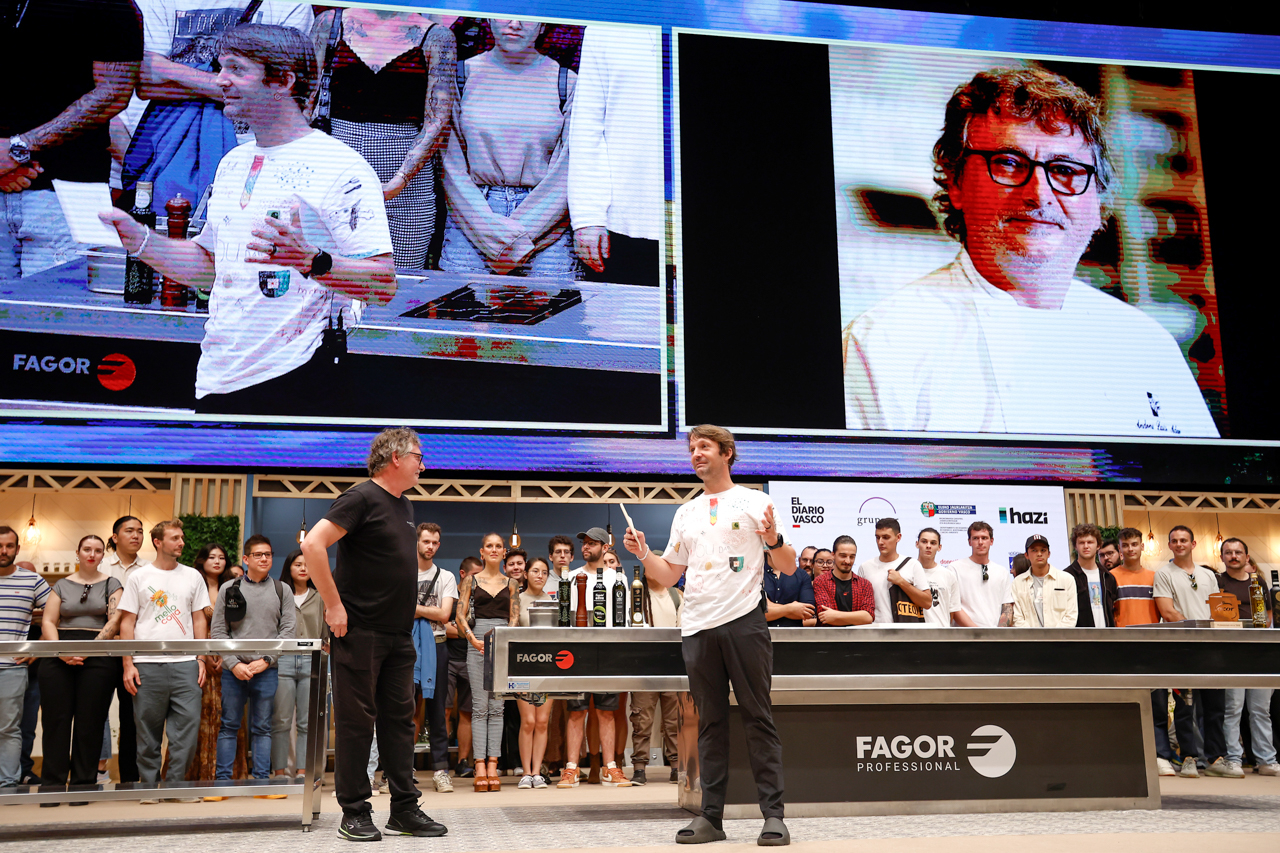
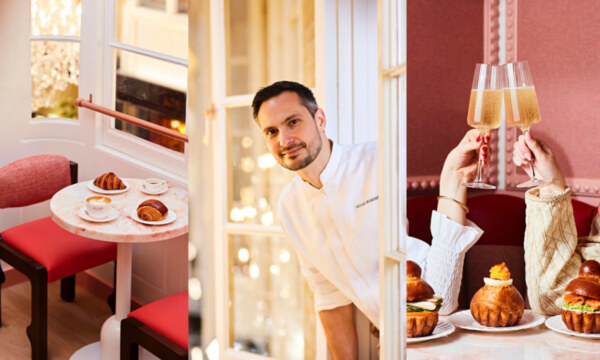
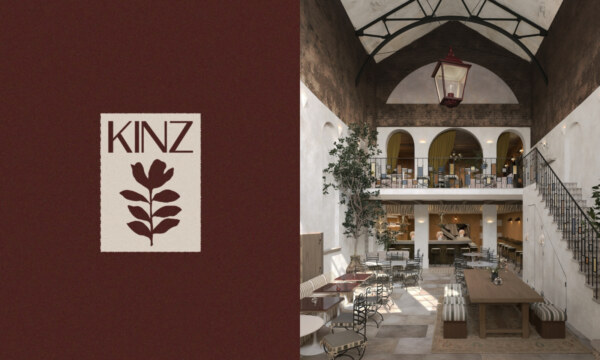

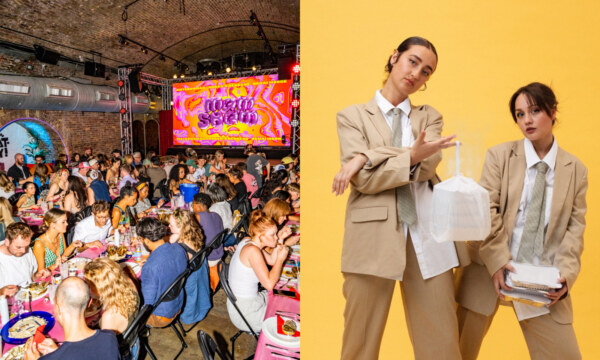

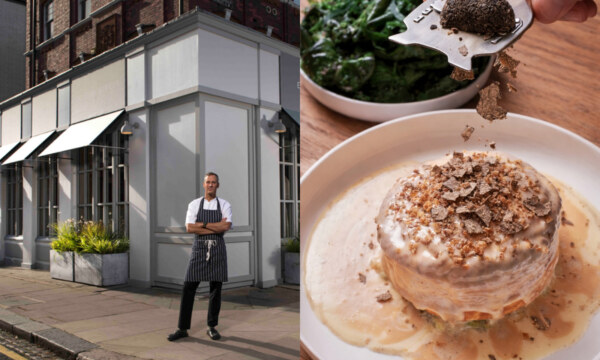

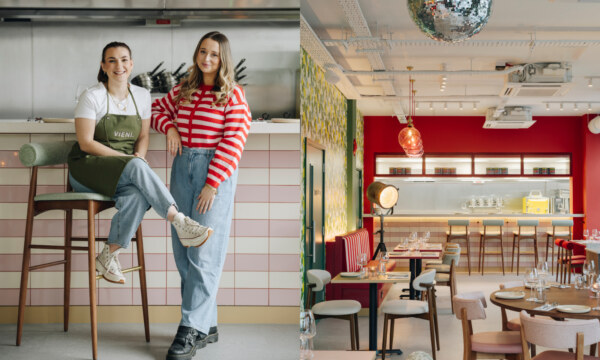
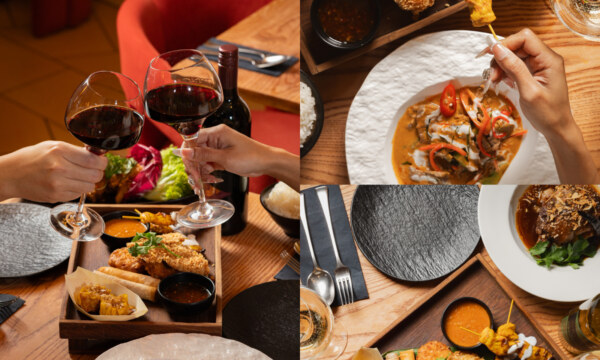
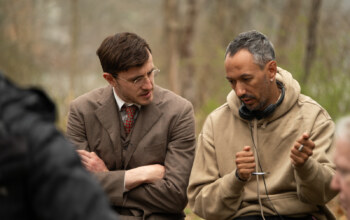


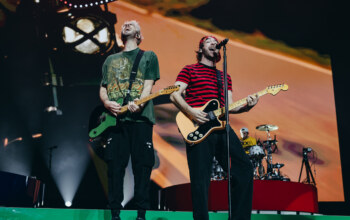



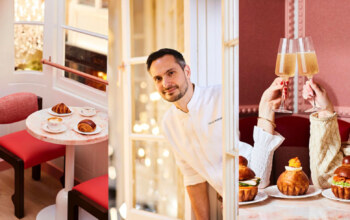
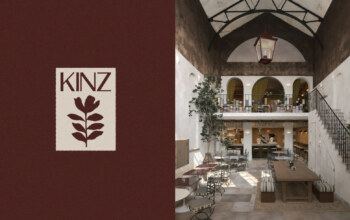



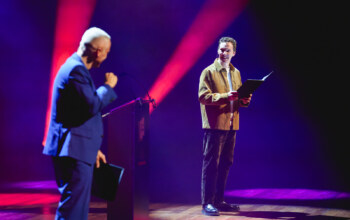
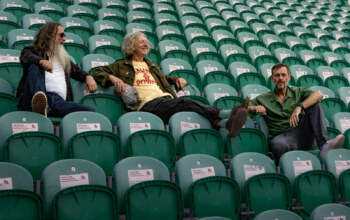
Facebook
Twitter
Instagram
YouTube
RSS